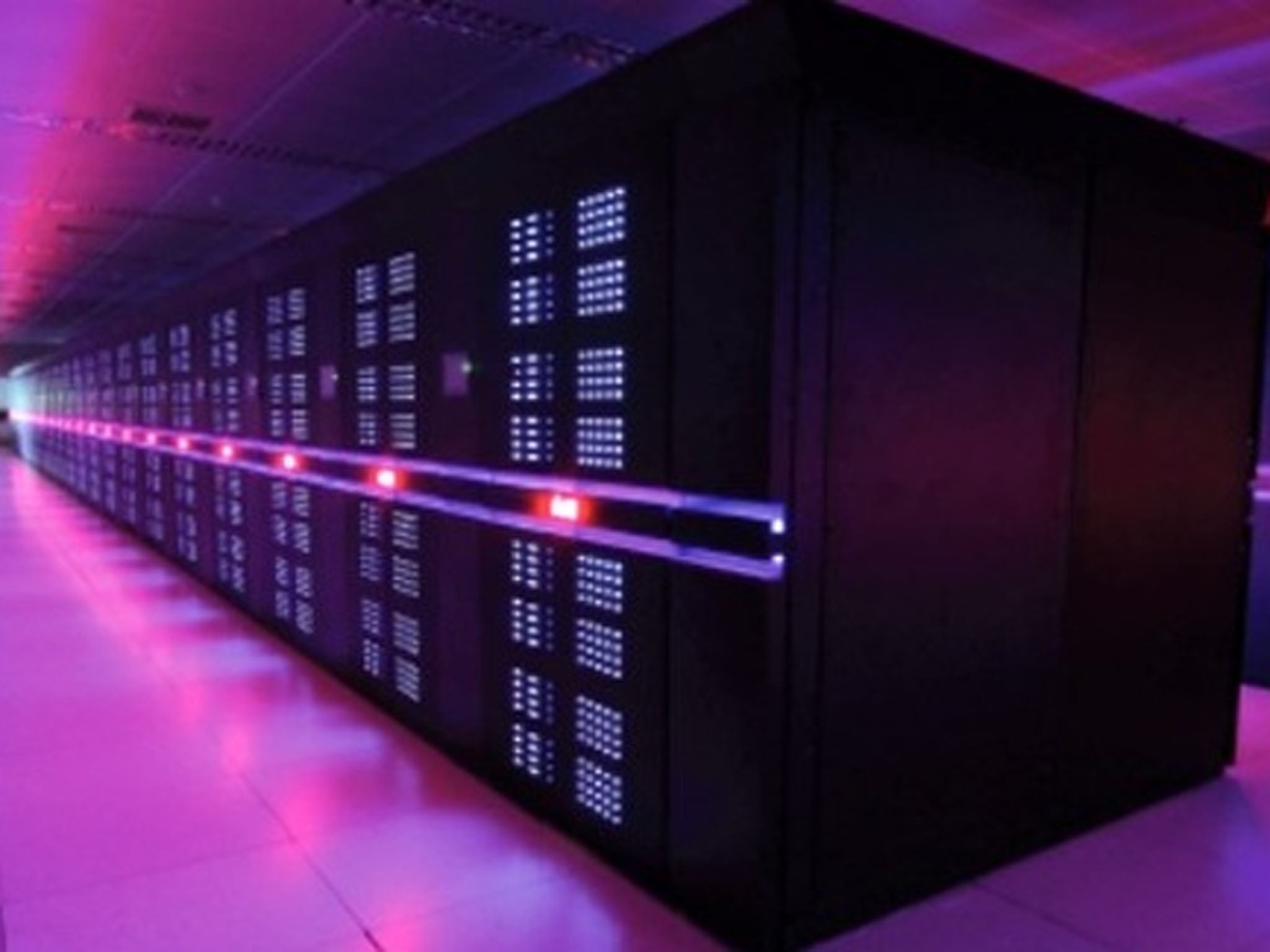China overtakes US with world's fastest supercomputer
The Tianhe-2 can perform 33,860 trillion calculations a second

Your support helps us to tell the story
From reproductive rights to climate change to Big Tech, The Independent is on the ground when the story is developing. Whether it's investigating the financials of Elon Musk's pro-Trump PAC or producing our latest documentary, 'The A Word', which shines a light on the American women fighting for reproductive rights, we know how important it is to parse out the facts from the messaging.
At such a critical moment in US history, we need reporters on the ground. Your donation allows us to keep sending journalists to speak to both sides of the story.
The Independent is trusted by Americans across the entire political spectrum. And unlike many other quality news outlets, we choose not to lock Americans out of our reporting and analysis with paywalls. We believe quality journalism should be available to everyone, paid for by those who can afford it.
Your support makes all the difference.The Tianhe-2, a supercomputer developed by China’s National University of Defense Technology, has overtaken US rivals to become the world’s most powerful computer by a significant margin.
The annual Top 500 list was unveiled at the International Supercomputing Conference in Leipzig on Monday, with the Chinese Tianhe-2 (it means Milky Way 2) making a surprise entrance – analysts had not expected the computer to be ready until 2015.
It is one of three supercomputers funded by the Chinese government as part of an effort to build a machine capable of processing on the exaflop level – that would be a thousandfold increase over current petaflop-capable computers that first started operating in 2008.
A single petfalop of operating power is equivalent to one thousand trillion calculations performed per second, and with the Tianhe-2 operating at 33.86 petaflops/sec this equates to 33,860 trillion calculations each second.
The Tianhe-2 will be installed in the National Supercomputer Centre in Guangzhou, where it will be used as a “research and education” resource for southern China.
After the Tianhe-2 the next most powerful machines are the American-built Titan and Sequioa at second and third place respectively.
Although the US have been knocked off the top spot for most powerful computer (the Titan only has 560,000 cores compared to the Tianhe-2’s 3.12 million) America does still dominate the list in number of machines.
The US operates 252 of the top 500 supercomputers in the world compared to Asia’s 119 system; whilst Europe runs 112 of the 500 – 29 of which belong to the UK, only one below Japan’s total of 30 machines.
Join our commenting forum
Join thought-provoking conversations, follow other Independent readers and see their replies
0Comments